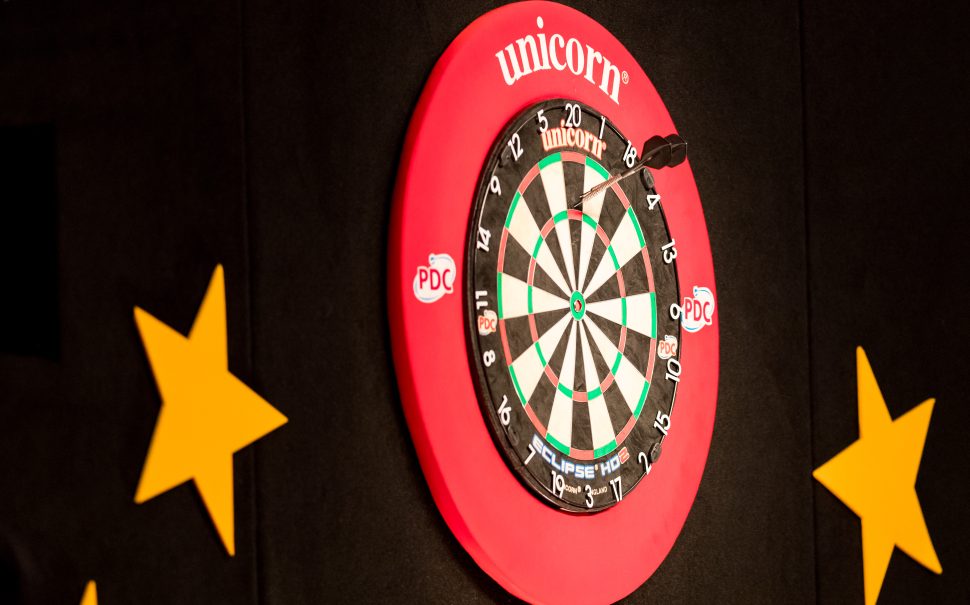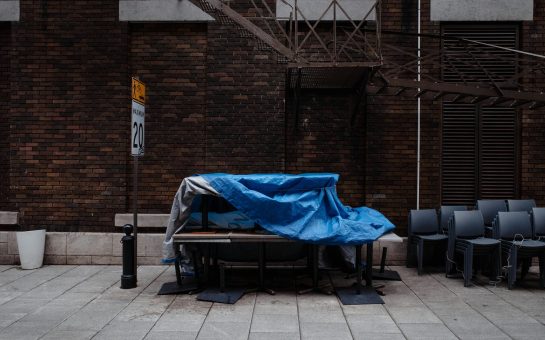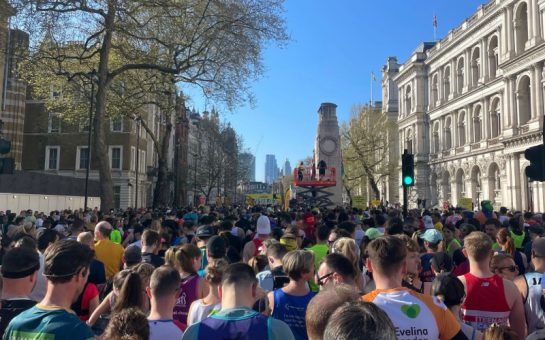The stakes involved when arrow meets board in the world of porfessional darts have been raised substantially over the last year or so.
The rise of Luke Littler at London’s Alexandra Palace suddenly brightened the limelight that shines upon those within the game’s upper eschelons.
But, for those at the summit and those just starting off at the base, the toll that a relentless and confidence-based sport like darts can have on one’s mental health can be dire.
Croydon’s Darryl Pilgrim has made appearnces on this year’s Pro Tour, and has lit the MODUS Super Series stage alight whenever he’s taken to it, but admits it han’t all been plain sailing.
“I first started throwing with my dad when I was about eight years old. I ended up playing in teams with him,” said Pilgrim.
“This is a sport that can drag you down if you’re not playing well if nothing’s going right.
“Any game where you throw away a lead, and constantly miss darts at doubles to win is something no player wants to come face-to-face with, and something I’m all too familiar with.
“I’d say to those who struggle to just take five or ten minutes out, go and calm yourself down, but I think, personally, I’m sometimes more nervous almost on the way to the event venue!”
Another prominent London-based player on the scene, Cam Crabtree, is a newcomer having only started throwing during the pandemic.
Regardless, he has already enjoyed a ton of pro-comp success and despite being just 20 years old, he realises that the pressure on those in the professional sphere can be overwhelming.
He stated: “I think it was Wes Newton who said it’s different throwing at a double to win the game or throwing at a double to keep the heating on and have food for the week.
“I had a period where I suffered eight losses in a row on the Pro Tour and on games six, seven and eight that I lost, I was given chances, but it was as if I’d lost before I even went to the board.
“I was throwing these darts and was so panicky and rushed because I couldn’t care. I just wanted to win and get that duck off my back.
“Mental health always plays a part, especially when your life revolves around darts, like most people in the rooms’ does, it can be very tough.
“Despite all this, the consensus is that, that this a game that often acts as reprieve from these issues for many people.”
Having recently tasted success in the Super Series, Crabtree’s game has come on leaps and bounds since the pandemic, and he doesn’t see it stopping anytime soon, even when the throwing gets tough.
“I love the game,” Crabtree continued, ” I can’t wait until the next comp, and to throw tomorrow. A lot aren’t like that but if you’re on a bad streak and not winning, all these comps can be demoralising.
“It’s the case that once you’ve lost, you can’t play that game again so move on.
“If things aren’t going well, confide in those who support you because they know you. You speak to them and then when you go to darts, it’s just darts. It’s nice to have that.
“Without darts I don’t really know what I’d be doing.

Justin Irwin, who quit his job in 2005 with the aim to compete at the PDC World Championship, saw darts as an opportunity to do something he loved and alleviate the stress of everyday life.
He said: “I probably was competing because of my mental health.
“I was done and close to burning out at work due to long hours and a very stressful environment. It was a sensible well-being choice.”
Though Irwin commends the positives of the sport, he realises that for those at the top of the professional circuits, the pressure can be immense.
He stated: “I never had the jeopardy that mattered if I lost, whereas the top pros have immense pressure on them.
“You see some of them crumble in a game sometimes, very few are able to cope when not feeling that well mentally.
“James Wade is one of the exceptions, but even he has said that when he’s having a bad run with his mental health, he’s not able to play his darts well.
“It’s much tougher than people realise being a darts player.”
Featured image credit: Sven Mandel via Wikimedia Commons under the Creative Commons Attribution-Share Alike 4.0 International license.





